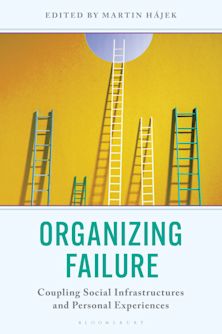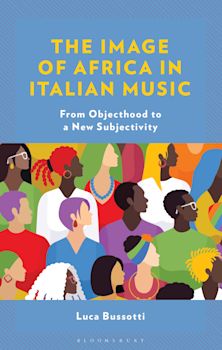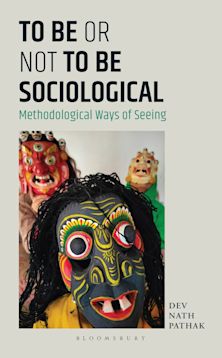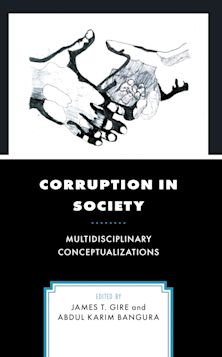Toward a Good Society
A Relational Lens
Toward a Good Society
A Relational Lens
This product is usually dispatched within 2-4 weeks
- Delivery and returns info
-
Flat rate of $10.00 for shipping anywhere in Australia
Description
In Toward a Good Society: A Relational Lens, authors Tian-jia Dong and Dongxiao Qin theorize a mutually empowering and growth-fostering society. The authors first demonstrate the feasibility of this society by grounding it in the framework of relational psychology. Departing from there, they travel along nine paths reconstructed from nine classic social science theories. In each chapter, they respectively reconstruct and find ways to move beyond Durkheimian structural-functionalism, de Tocqueville’s communalism, Mead’s symbolic interactionism, Freud’s psychoanalytic perspective, Simmel’s network theory, Smith’s “invisible hand”, Marx’s class theory, Hobbes’s contractarianism, and Weber’s rational-legal formulation. This leads them to propose a new Golden Rule that is as simple as it is profound and foundational to what makes a good society.
Table of Contents
1. Relational Psychology: the Theoretical Point of Departure
2. From Symphony Orchestra to Jazz Ensemble—the path beyond Emile Durkheim toward Dynamic Freedom/Equality
3. From the Meetinghouse to the Commons —the path beyond Alexis Tocqueville toward Connective Democracy
4. From Courtroom to “Courtship”—the path beyond Max Weber toward Interactive Authority
5. From Big Leviathan to Little Mermaid—the path beyond Thomas Hobbes toward Relatable Justice
6. From Conqueror to Gardener—the path beyond Sigmund Freud toward Cultivated Morality
7. From Baseball to Basketball —the path beyond George Herbert Mead toward Interweaving Accessibility
8. From Web to Grapevine—the path beyond Georg Simmel toward Open Affinity
9. From Battle Field to Training Ground—the path beyond Karl Marx toward Co-Constituted Progress
10. From “the Invisible Hand” to “the Sensible Heart” —the path beyond Adam Smith toward a New Golden Rule
Conclusion: Journeying on A Connective Path
Product details
| Published | 05 Nov 2021 |
|---|---|
| Format | Hardback |
| Edition | 1st |
| Extent | 168 |
| ISBN | 9781498593151 |
| Imprint | Lexington Books |
| Dimensions | 227 x 161 mm |
| Publisher | Bloomsbury Publishing |
Reviews

ONLINE RESOURCES
Bloomsbury Collections
This book is available on Bloomsbury Collections where your library has access.



































